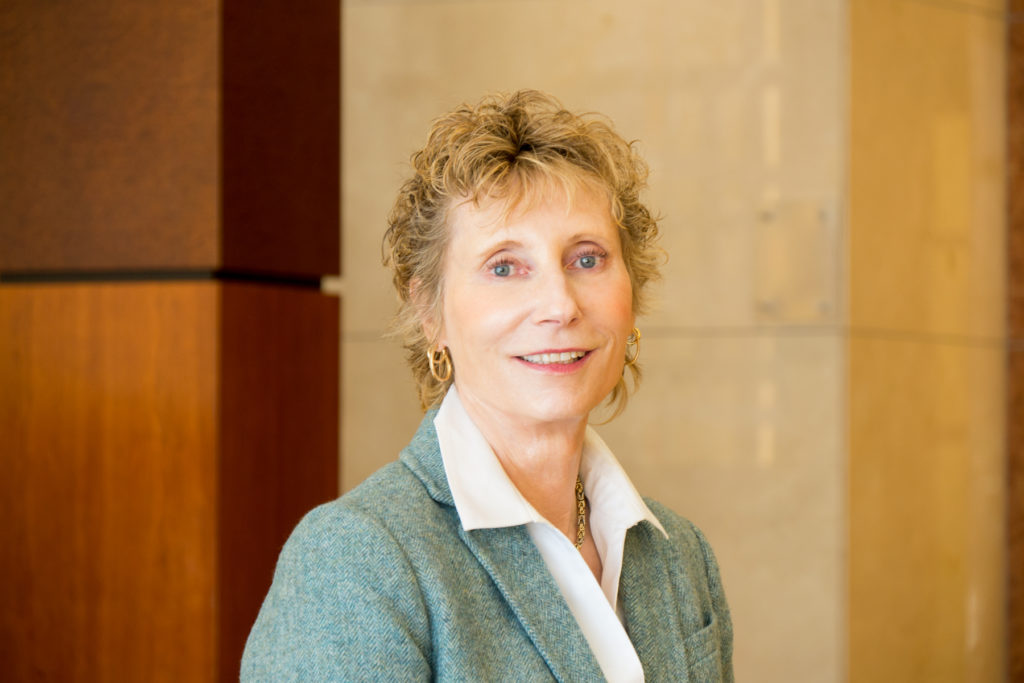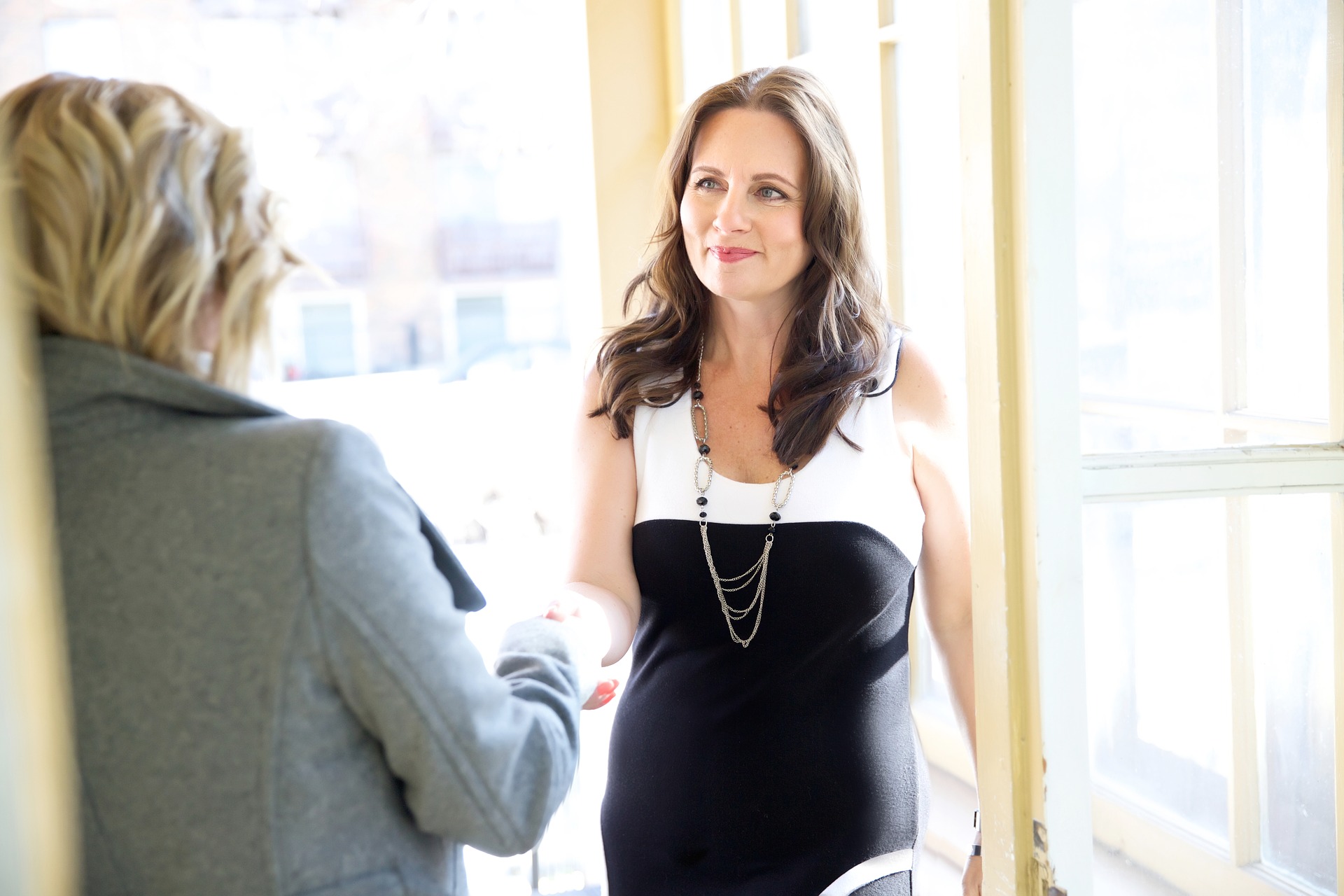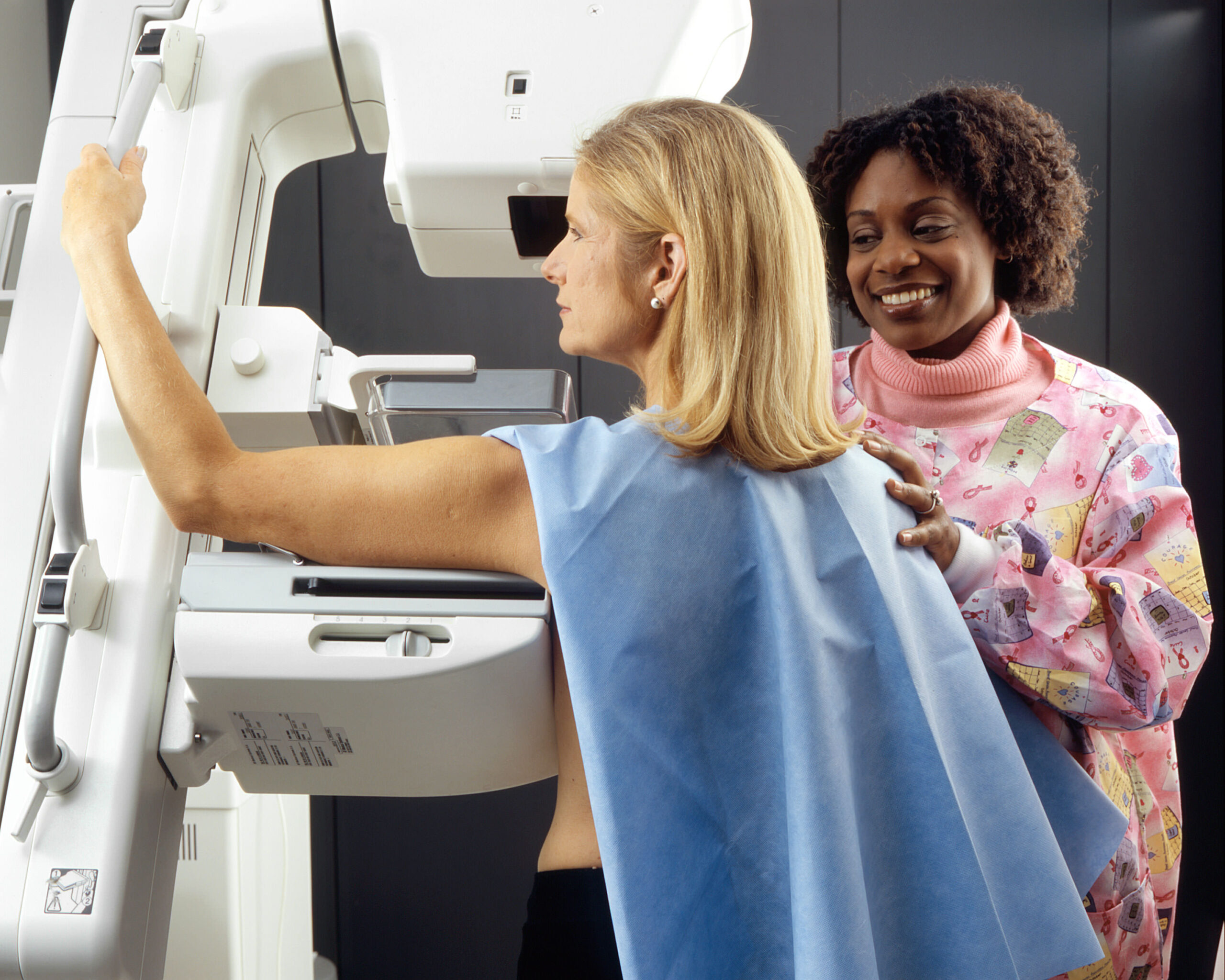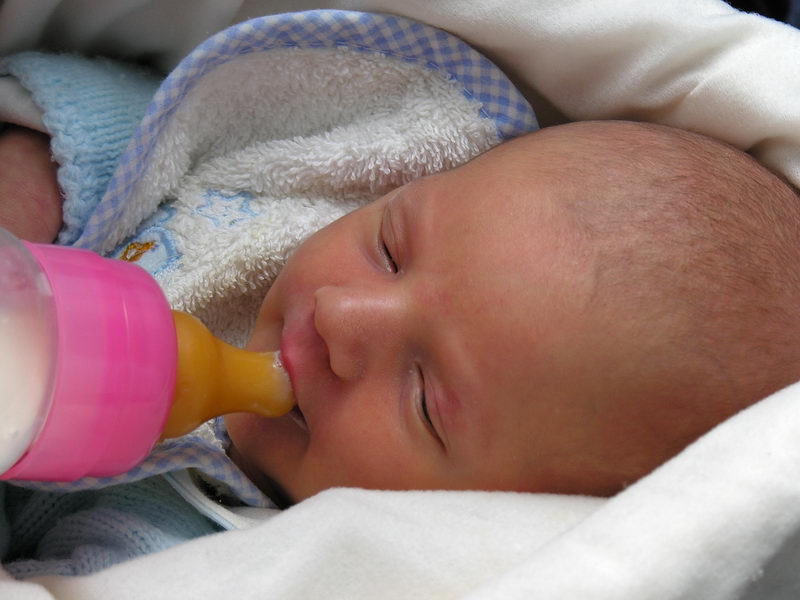In the first of a series of planned interviews with women in STEM (Science Technology Engineering and Math), Xtalks interviews Sharon Erickson, a leader in clinical research and the biotech industry in oncology. She has a wealth of experience and guidance for women who are considering a career in STEM.
“Start early”- that’s the number one piece of advice from a trailblazer for women in the science and medicine field, Sharon Erickson, who has had decades of experience in the drug development process working on cancer-fighting molecules in the lab to becoming a leader in the development of drugs in the commercial phase.
“I really do want to encourage women to pursue science; it’s a very fulfilling career. But, you need to start early, because you’ll need a very strong background in both science and math, so I encourage young girls to really think about it and get involved.”
Erickson remembers exactly when she chose science as a future path.
“I remember I was interested in science starting in the fifth grade, and it had always been my goal since elementary school to do science. I guess I always felt even at a young age there was nothing more amazing than the human body and learning about it, and I still don’t understand how everyone doesn’t have that natural curiosity…I really knew I wanted to do this from the very beginning.”
Fast forward decades later, after graduating from the University of California Davis with a masters in Genetics, Erickson started her work in the academic setting as a research associate for the Salk Institute and then continued on to work at UC San Francisco. However, in 1986, her career took a turn, when the first-of-its-kind biotech start-up Genentech came into her life.
“When I got out of college, there really wasn’t a biotech industry. So, I had assumed I would be working in the academic setting. Genentech came into being in 1976, so I got really curious about the industry and frankly, it was only 20 minutes away from my house, so I applied for a job and then spent nearly 30 years there.”
Genentech allowed Erickson to work alongside a team of oncologists to help bring cancer-fighting drugs to market. She recalls her time at the biotech to be the most momentous in her career. With biotech being an up and coming industry at the time, the company’s atmosphere was very entrepreneurial and provided her with many opportunities.
“I actually started out working there on Herceptin, which is an anti-HER2 breast cancer drug that is still widely used today. I started in a lab where they cloned the gene for HER2 and really worked on that throughout my whole career at Genentech. I feel really honored to be able to have seen a molecule – an antibody – get its start in a lab and eventually end up in patients and help to re-write the medical books on breast cancer.”
She says her experience working on breast cancer research was hugely inspirational, and she gained many unique opportunities as a scientist at Genentech, including managing a mouse genetics lab.
However, her hard work required persistence and when asked about the obstacles to being a woman in the science field, she confides that females need that determination and self-assurance in an industry with a mostly male workforce.
“Medicine and science have typically been male-dominated, and I have seen that throughout my career. When I started out, it was really very rare for women to be in leadership roles, and that was also true at Genentech. It was all very male-dominated. I have found it a challenge to rise in science – I think that was even more so in the ’70s and 80’s when I was starting my career. It’s important to be really self-assured and be a person who stands up for and believes in themselves and shows that to others. So, it was almost selling yourself and your capabilities, and I think I had to do that more than men.”
But, she believed in herself and so did others. After years of experience in the lab, Erickson says she was ready to experiment with another aspect of the industry, that being the commercial side of the drug business. She went back to school to earn her MBA part-time while working at Genentech. It wasn’t easy, but after getting her degree she came back as a Project Team Leader, where she helped with life cycle planning and the development of Avastin, an anti-angiogenesis drug that her team helped get accelerated approval for in brain cancer.
“[I] was able to work on that in the commercial phase, as well as bring some other indications into approval. One of the things I did was lead the team that got accelerated approval of Avastin in glioblastoma multiforme (GBM). That was also another impactful part of my career in being able to bring a drug and hope to patients that really didn’t have any. And Genentech was very, very committed to the patient. Everything we did really had the patient in mind, and that was what kept me in this career and kept me moving forward in the biotech world.”
One of the difficulties of attracting women and girls to STEM is the mistaken notion that it is only about math and science. But, a recurring theme that Erickson brings up in her work experience is the importance of empathy and compassion. She believes having those characteristics adds value in the medical field.
“Women are intellectually just as good in science as men, but I also think we have that compassionate piece that can propel us into higher leadership levels in the sciences.”
For Erickson, the greatest reward of being a scientist is in helping others, and sharing the results of her work with patients makes up for all the long hours, months, even years spent working in a lab.
“To be able to actually see cancer patients benefit from something I worked on with a team of scientists and to see that actually go out to patients – even now when I give talks, people will come up to me and thank me because it’s made such an impact on someone they know.”
She shares a similar story while attending the US Food and Drug Administration’s (FDA) Oncologic Drugs Advisory Committee (ODAC) Meeting. Her team was seeking accelerated approval for Avastin to treat glioblastoma.
“I was leading the team that was trying to get this drug to patients. At this ODAC, there were so many patients there – patients who had actually been in hospice and then received Avastin, which gave them several more months of quality life and an opportunity to get out of hospice and be with their families.”
She recalls a particularly meaningful moment when a woman told the ODAC Committee that Avastin had satisfied her one last wish.
“She said all she had ever wanted was to have one more dance with her husband, and Avastin had allowed that to happen. I was just so proud of all that we had done to make this possible for her and to see such an impact on patients.”
Today, Erickson’s rich and storied career is far from over, and the thread of being patient focused continues to be vital in her work. She encourages women to find and follow the goal that motivates them and carry it through their career. Erickson is now VP of Clinical Development, Early Phase Oncology, for Syneos Health, a biopharmaceutical solutions company that works with biopharmaceutical customers to develop and commercialize therapies. She loves Syneos Health because it combines her love of science, while being a patient-oriented company.
“I am really enjoying bringing all of my background to play in this new role that uses my strategic knowledge, as well as drug development experience, and I’m seeing it culminate in bringing drugs to the market to patients with high medical need in oncology.”
Erickson emphasizes for women interested in STEM that it’s always important to have a goal, as she has had throughout her career. Now that goal is expanding to include mentoring others who are coming behind her.
“I think a mentor in the sciences is very important, particularly other women who have already lived through a lot of the challenges and the stresses that you might find.” Erickson says that’s been really helpful for her. “I’ve always had at least one or two mentors helping me along, and that’s why I’m really interested in mentoring. I currently have quite a few people that I mentor.”
She also strongly recommends stepping up for any opportunity to volunteer on new projects. “I did that a lot. Even though they might be outside my comfort zone, I would always volunteer to take advantage of any opportunity that was offered in my work.”
For Erickson, there’s never been a more fascinating or hopeful time for a career in science, and the opportunities in oncology have never been greater. “I think we’re in a world right now in oncology where there is going to be massive breakthroughs in the near future.”
She hopes more and more women and girls will be part of that future. But, remember her first advice: It must start early.












Join or login to leave a comment
JOIN LOGIN